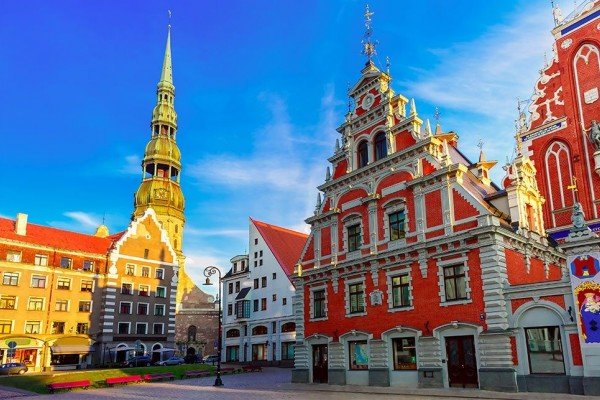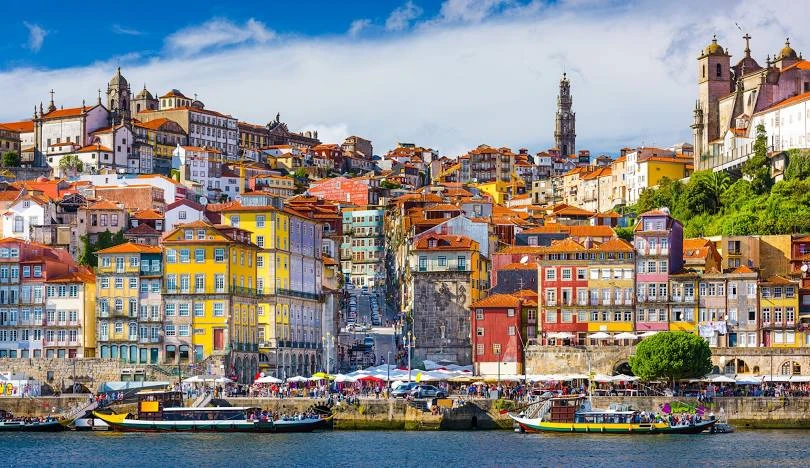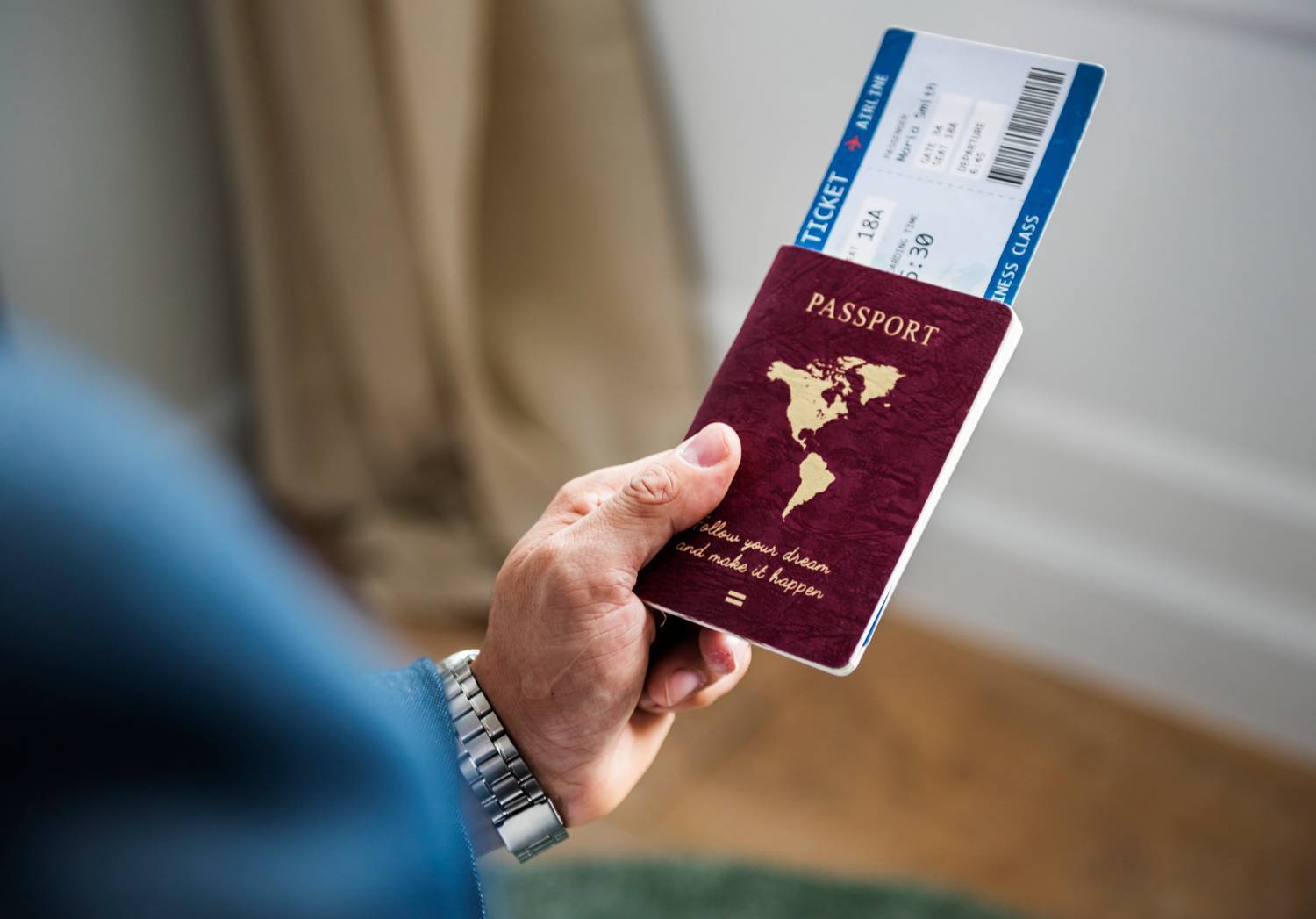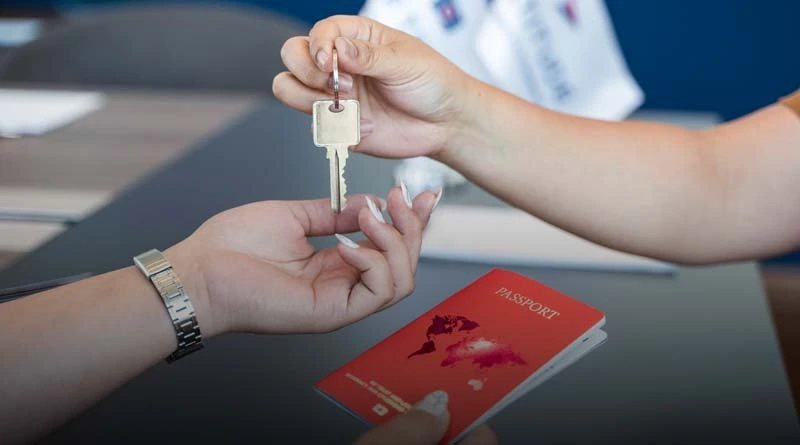Global Experts in Residency by Investment Programmes
Home » Residency by Investment
Residency by Investment programs allows individuals and their families to secure permanent residency or long-term visas in a new country by making substantial financial investments, such as purchasing or renting property, starting a business, or investing in government-approved projects. These programs are designed to attract high-net-worth individuals, entrepreneurs, or investors who can contribute to the host country’s economy.
Offering global mobility, enhanced lifestyle opportunities, and in some cases, a pathway to citizenship, these programs are an appealing choice for those seeking long-term residency in a new country.
Different countries offer varying conditions, benefits, and investment requirements, making it crucial for prospective applicants to research and choose the program that aligns with their personal or business goals.

3 months, Renewable
$250,000
Real State
Access to the Schengen Area
Business Permanent Golden Visa

3 – 6 Months
$50,000
Real Estate, Business and Government Contribution
Access to the Schengen Area
After 5 years of Legal Residency

4 – 6 months
$150,000
Schengen countries
Visa is Permanant Residence Visa

6 – 9 months
Real Estate
Schengen countries
Visa granted is a Golden Visa, with residency allowed after six years.

Residency allows easier travel to multiple countries, especially within regions like the Schengen Area, without the need for a visa.

Residency can open doors to new business ventures and partnerships in the host country, offering a favorable environment for entrepreneurs.

Many residency programs offer tax benefits, such as favorable tax rates or exemptions, making it financially advantageous.

Many programs allow you to include your spouse and dependent children, providing your family with better living opportunities.

Residency often leads to access to better living conditions, including safety, infrastructure, and social services.

Some residency programs are tied to real estate investment, which can provide long-term capital growth and rental income.

In many cases, residency by investment can serve as a pathway to full citizenship, offering additional rights and opportunities.

Residency by investment can offer a safe haven for your assets, protecting wealth from political or economic instability in your home country.

Residency by investment programs have become increasingly popular as countries seek to attract foreign capital and stimulate economic growth. These programs offer individuals the opportunity to gain residency, and sometimes citizenship, in exchange for a significant financial investment in the country
Residency by investment programs offer individuals the opportunity to gain residency in a foreign country by making a financial contribution. These programs vary by country, but they typically include certain requirements to ensure that the applicant meets the necessary criteria. Here are the common requirements for residency by investment programs:
Show funds come from legal sources
Invest $100K–$500K+ in property, business, or donation.
Countries require you to spend time there each year
Have enough money to support yourself
Pass background and security checks
Keep the investment for several years
















If your permit is temporary, it must be renewed periodically, typically every 1–2 years.
To qualify for renewal, you must continue fulfilling all residency requirements, including maintaining the investment and meeting physical presence criteria.
Premium citizenship programs offer an accelerated and more convenient route to residency or citizenship for high-net-worth individuals. These programs come with additional benefits that make the process smoother, more exclusive, and more rewarding.
Complete the form, and our Expert Advisor will contact you
Residency through investment can be obtained by choosing a country with an investment residency program and meeting its requirements. This typically involves making a qualifying investment in real estate, a business, government bonds, or national development funds. You must submit an application with necessary documents, such as proof of funds and a clean criminal record. Once approved, you will receive a renewable residency permit.
Both temporary and permanent residence permits in the EU provide similar rights, but there are a few distinctions. Temporary residence is often the first step, while permanent residence can offer a more direct route to citizenship in some countries.
| Aspect | Temporary Residence | Permanent Residence |
|---|---|---|
| Path to Citizenship | Indirect route, not a direct path to citizenship | Direct route, often the step towards citizenship |
| Language Requirements | Usually no language proficiency test required | Some countries require a language proficiency test |
| Conversion to Permanent | Temporary permits can often be converted to permanent residency | Permanent residency is a direct status without the need for conversion |
| Investment Programs | No direct route to citizenship | Some countries offer direct citizenship through investment programs |
| Rights and Opportunities | Similar to permanent residency, but may have some restrictions | Almost identical rights, with more stability and longer-term benefits |
Countries like Portugal, Malta, and Greece are often considered the easiest to obtain permanent residency through investment due to their straightforward programs, lower investment thresholds, and faster processing times. Portugal’s Golden Visa, for instance, allows residency with an investment as low as $280,000 in real estate, while Greece offers residency for investments starting at $250,000. Each country’s requirements and benefits vary, so it’s important to choose one that aligns with your goals.
You can obtain citizenship through an EU investor visa or golden visa by first securing temporary residency, followed by permanent residency. After meeting the required residency period (usually five years), you can apply for citizenship.
The US EB-5 Immigrant Investor Program mandates an investment of at least $1.05 million in a new commercial enterprise. If you invest in a Targeted Employment Area (TEA) with high unemployment, the minimum requirement is reduced to $800,000.
Under the EB-5 Immigrant Investor Program, you must invest a minimum of $1.05 million in a new enterprise or $800,000 in a TEA. Once the investment is made, you are granted a Conditional Permanent Residence Card valid for two years. The conditional status is removed after meeting all program requirements over this period.
Yes, US residency is achievable through the EB-5 Immigrant Investor Program. This program provides a pathway to lawful permanent residency for entrepreneurs who meet the criteria.
Purchasing property alone does not qualify for a Green Card. However, buying property as part of the EB-5 investment requirements, such as creating jobs by establishing a new enterprise, can contribute to fulfilling the criteria for residency.
In most residency by investment programs, maintaining your investment or property is mandatory for a set period, typically 3–5 years. Selling it prematurely may result in losing your residency status.
We differentiate ourselves through our transparency, tailored approach, and unwavering commitment to government regulations. With more than 15 years of experience, we deliver bespoke solutions and ensure a smooth, compliant process, positioning us as a trusted leader in Citizenship by Investment and Residency services.
Useful Links
WhatsApp us